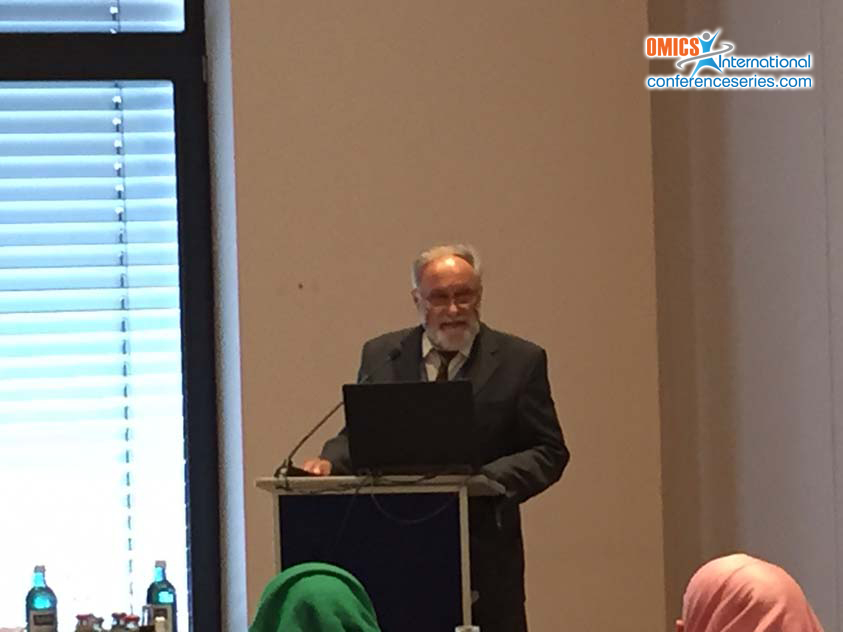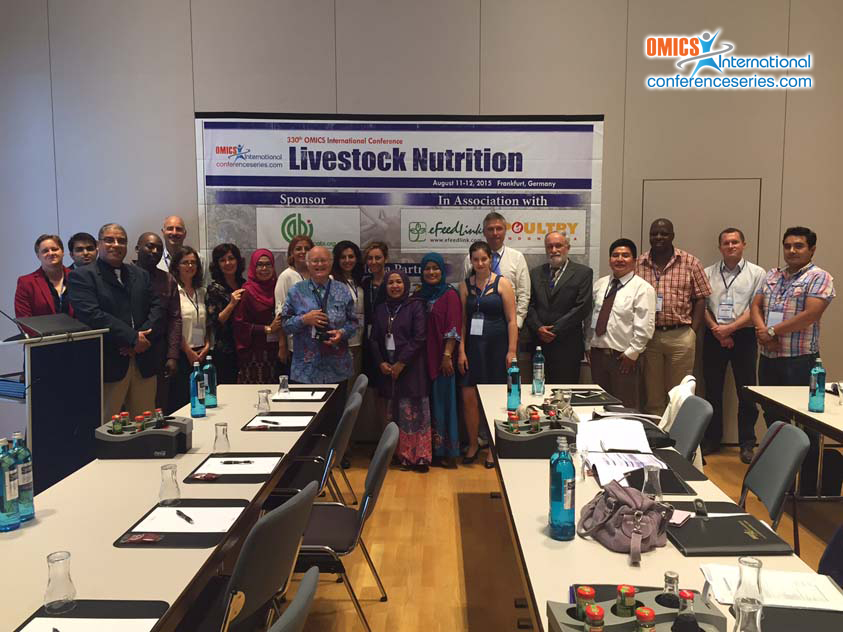
Albrecht Glatzle
Rural Association of Paraguay
Paraguay
Title: Reconsidering Livestock’s role in climate change
Biography
Biography: Albrecht Glatzle
Abstract
Reduction of global livestock numbers and meat consumption has been recommended for climate change mitigation. However, the basic assumptions made to come up with such kind of recommendations reveal severe methodological deficiencies: (1) Carbon footprint, emission intensity, and life cycle assessments of domestic livestock products reported in scientific literature consistently overlooked the necessity of correcting non CO2 GHG (greenhouse gas) emissions (nitrous oxide and methane) from managed ecosystems for baseline scenarios over time and space (pristine ecosystem and/or pre-climate change emissions); (2) Uncertainties associated with climate sensitivity of anthropogenic GHG-emissions have been ignored; (3) Inconsistencies in the methodological treatment of land use change (deforestation) in emission intensity calculations (per unit of product) can be detected in literature; (4) The lack of a discernable livestock signal in global methane distribution and historical methane emission rates has not been acknowledged; (5) Potential substrate induced enhancement of methane breakdown rates have not been taken into consideration; (6) Ruminants have been accused of low feed energy conversion due to energy loss through methane emissions by enteric fermentation. It has, however, rarely been acknowledged that it is through ruminant livestock that fiber diets growing in abundance in vast areas of grass and rangelands marginal to agriculture are converted into valuable food for humans (meat and milk). A tremendous overestimation of potential livestock contribution to climate change is the logical consequence of these important methodological deficiencies which have been inexorably propagated through recent scientific literature (http://dx.doi.org/10.1186/2041-7136-4-1 ).
Speaker Presentations
Speaker PDFs
Speaker PPTs Click Here


